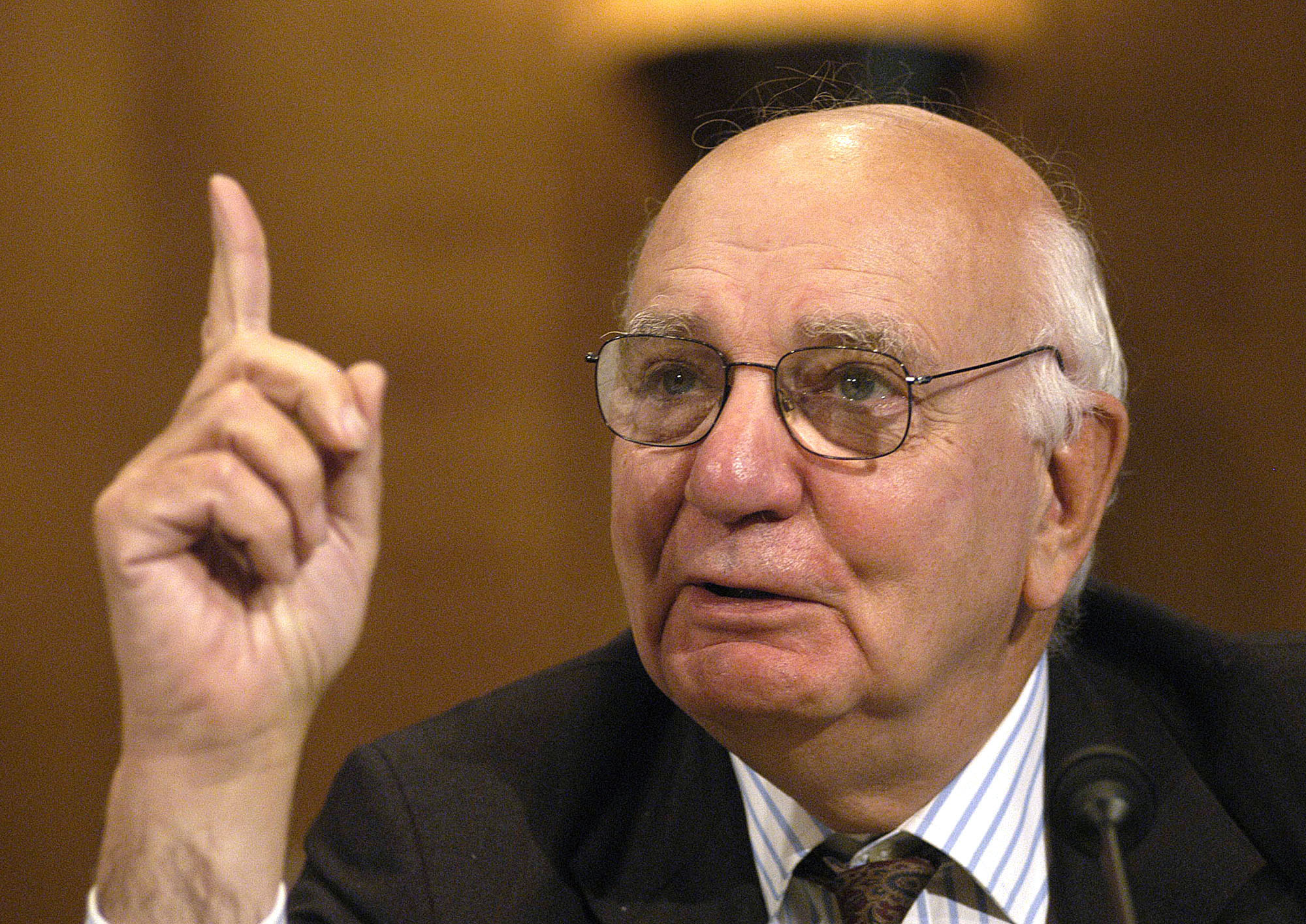Explaining Japan's economy to Western audiences is hard.
One big reason for this is that explaining something as large and complex as a $5 trillion economy is an inherently difficult task — there are a lot of conflicting trends, regional differences and other wrinkles. A second reason is that Japan tends to be somewhat out of sync with the United States and Europe — when the U.S. was struggling in the early 1980s, Japan was powering ahead, and when the U.S. recovered in the 1990s, Japan stagnated. A third reason is that the economic institutions that govern Japan — the centralized but weak government; the huge, old, diversified corporations; the powerful but conflicted bureaucracy — are just very different from those that prevail in the U.S. or European Union.
But there's an economic analogy that works pretty well. For Japan, the era beginning in 2013 is similar to the U.S. in the 1980s. And Prime Minister Shinzo Abe is in many ways analogous to President Ronald Reagan.
















With your current subscription plan you can comment on stories. However, before writing your first comment, please create a display name in the Profile section of your subscriber account page.